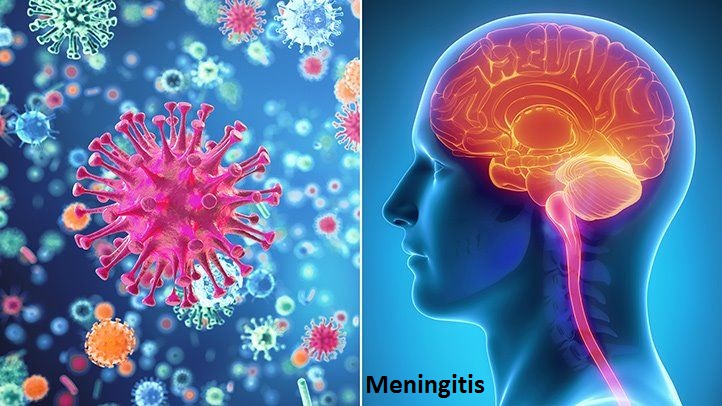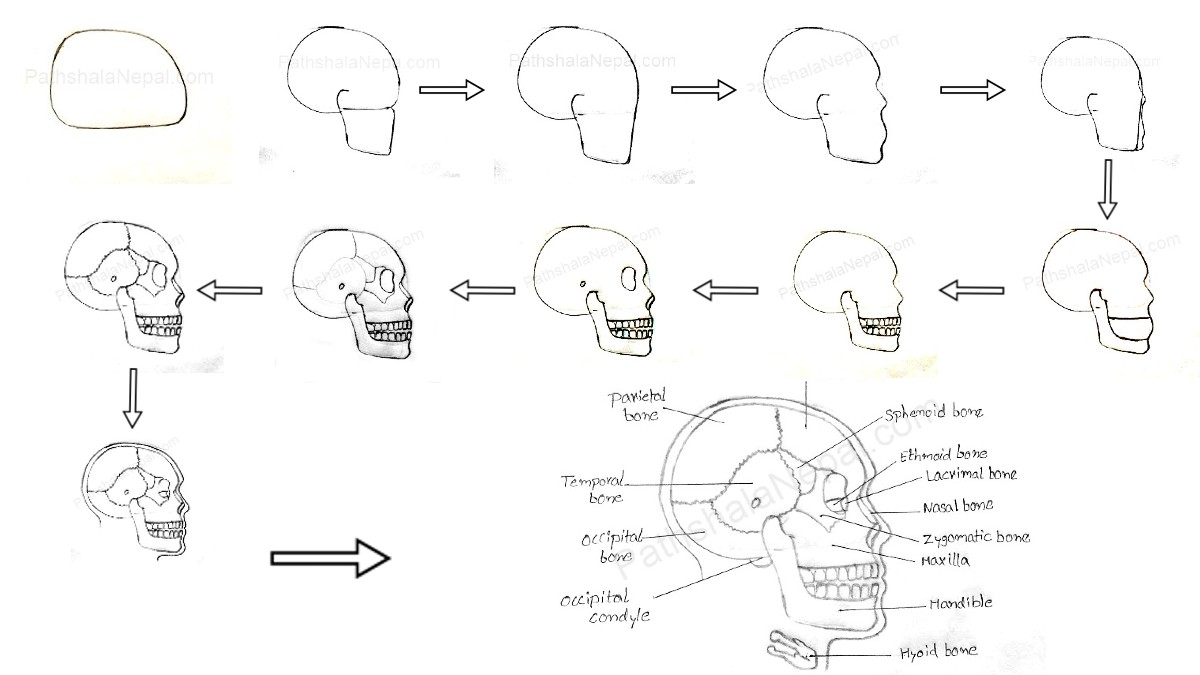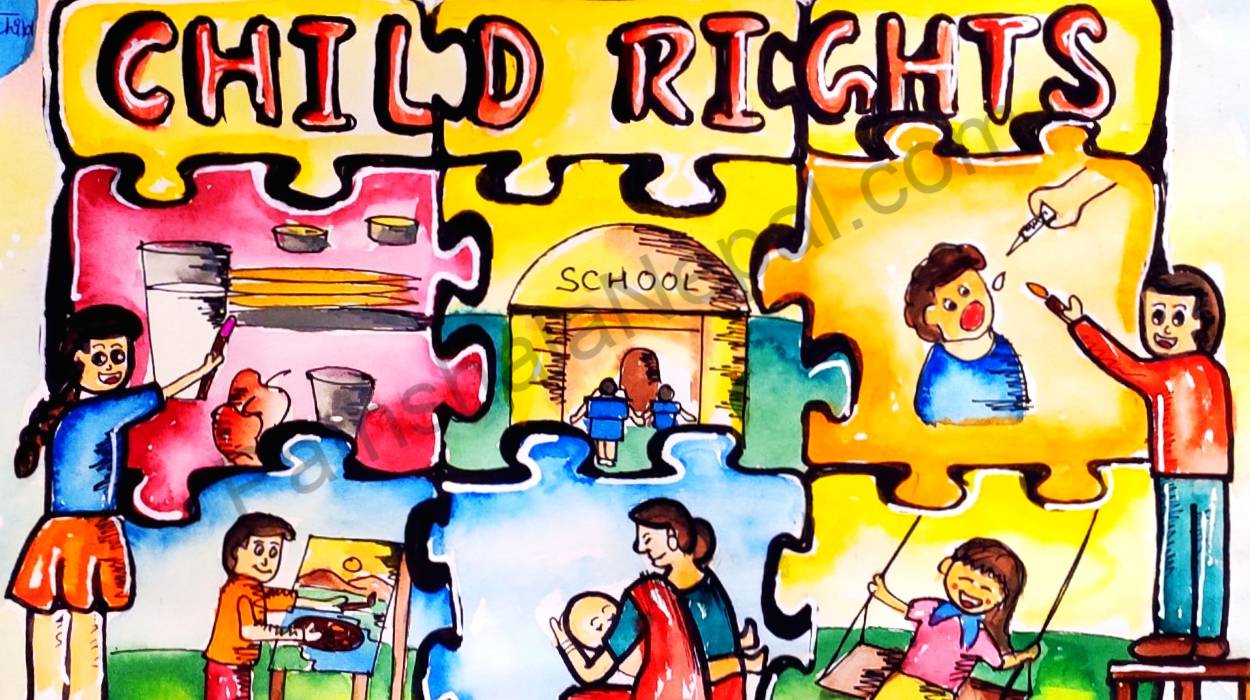Do Babies look More like their dad?
April 24, 2020
I was shocked to see my daughter when I gave birth. The whole pregnancy, my doctor had said she was going to be small, like meand I was picturing someone who, well, looked like me. But this large, pale child emerged, with a decidedly different nose and head. If she hadn’t looked just like my husband, I would have doubted she was mine.
As time went on, their likeness grew even more pronounced. “She looks just like her dad,” everyone said, while I grimaced. But then I started noticing that all my friends’ kids looked like their fathers. And both my mother and mother-in-law thought their children looked only like their fathers. “Just a carrier” is how my mother-in-law described herself. “Strangest thing,” my mom said, “to have a baby who looks nothing like you.”
That children look more like their fathers is a common idea. In 1995, two researchers set out to determine whether it was, in fact, true. Neutral judges were shown black-and-white pictures of 1-year-old children’s faces and asked which of three given adults the kids most resembled (either three men or three women, one of whom was always the biological parent). The children were determined to look most similar to their biological fathers.
This seems like it makes sense, at least within a certain retrograde framework. As the thinking goes, evolution might prefer babies who look like their dads, as maternity is clear while paternity is in doubt. In other words, if dads don’t know for sure that little ones are theirs, they won’t tend to them. But subsequent studies couldn’t replicate this result. “It's a very sexy result, it’s seductive, it’s what evolutionary psychology would predict—and I think it’s wrong," the psychologist Robert French, of the National Center for Scientific Research, in France, told Scientific American about the study.
Researchers stayed curious about this question. In 2004 Paola Bressan, a psychologist at the University of Padua, and Massimo Grassi, also of the University of Padua, tried again to get to the bottom of this question of familial resemblance, and found that children tend to resemble their parents equally, but the resemblance isn’t very strong. They theorized that this ambiguity might be advantageous if the paternity is unclear. “Men tend to invest more in children who (they believe) resemble them more; thus, children who look like their ‘social’ father—that is, like their mother’s husband—fare better than those who don’t,” Bressan told me. “The problem is that a child’s biological and social fathers are not necessarily the same person.”
Overall, “the evidence is slightly in favor [of babies looking like their dads],” says Steven Platek, an evolutionary psychologist who studies this topic. Platek thinks the data are distorted by unclear paternity, which he estimates occurs in 2 to 30 percent of births.
Scientists can only dream of perfect data. “An ideal [data set] would be random paternity tests on 10,000-plus father-infant pairs so we could know the going base rates of false paternity,” says Tony Volk, a developmental scientist who studies families at Brock University, in Canada. “But that hasn’t happened.” Researchers mostly find out cases of mistaken paternity by accident.
Are father necessary?
Whatever the case, the researchers I spoke with seemed to agree on one point: The most clear-cut thing is not an actual resemblance, but that so many people perceive one. “Independent of whether the baby actually looks like Dad is the perception that the baby shares resemblance with Dad,” Platek told me.
Platek said I should be happy that seemingly everyone I know thinks my child looks like my husband. “When the perception and the reality match, the child treatment is the highest.” The father will freely make paternal investments in the child . Apparently when you think the child looks like you even the diapers don't smell a bad, Platek noted jokingly.
I chafed against this. It seems like we’re all self-deceptive idiots massaging the egos of fathers in an effort to get them to take care of their own children. (Interestingly, the mother’s family is one of the most common perpetrators of this effort. Platek told me research on families in hospital nurseries showed that the mother’s family members were the most likely to remark on how much the baby looked like the father.) It also felt regressive—that my husband would need our child to resemble him for him to get involved in parenting. Most important, I also have an ego and a face, and would like for people to tell me that my daughter resembles me.
When I brought up my misgivings, a few of the researchers I spoke with said they saw all this research on fathers as evidence of things moving forward. “You know, there’s been a lot of research in the past on the role of mothers,” Polacheck told me. There are countless studies about the role of mothers and how children benefit or suffer from the mother’s time investment and actions. But this avenue begins to quantify the role of involved fathers.
Indeed, one interesting result of this research is the finding that a father’s perception of whether a child resembles him can change based on the amount of time he spends with the child. One study found that after fathers did a massage exercise with their infants, they rated the infants as looking more similar to them.
“Just spending intense and positive time with your infant could change how you perceive their facial cues,” says Volk, who was one of the authors. “The infant’s face doesn’t change because of the time spent, so this is really something changing in how the father’s brain perceives his infant.”
So perhaps resemblance can be earned. And anyway, she has my eyes.
Related Articles
के हामीले Mask लगाउँन जरुरी छ ? हामीले मास्क कैले लगाउनु पर्छ ?
No doubt you have seen pictures or even people walking around wearing surgical or protective N95 masks. While this might seem like a good idea, wearing a mask in many cases does more harm than good to you […]
Trending Articles
New price list of books form class 1 to 12 for BS 2080
Curriculum development center Sanothimi Bhaktapur under the Ministry of Education, Science, and Technology has released the price of new books from class 1 to class 12 for the educational year 2080. The price is only […]
Popular Tags: 7 Days
Upcoming MCQs

Computer Fundamental Multiple Choice Questions Exam Free
- 2022-03-20 12:45
- 60 Mins
- 12 Enrolled
- 25 Full Marks
- 10 Pass Makrs
- 25 Questions











